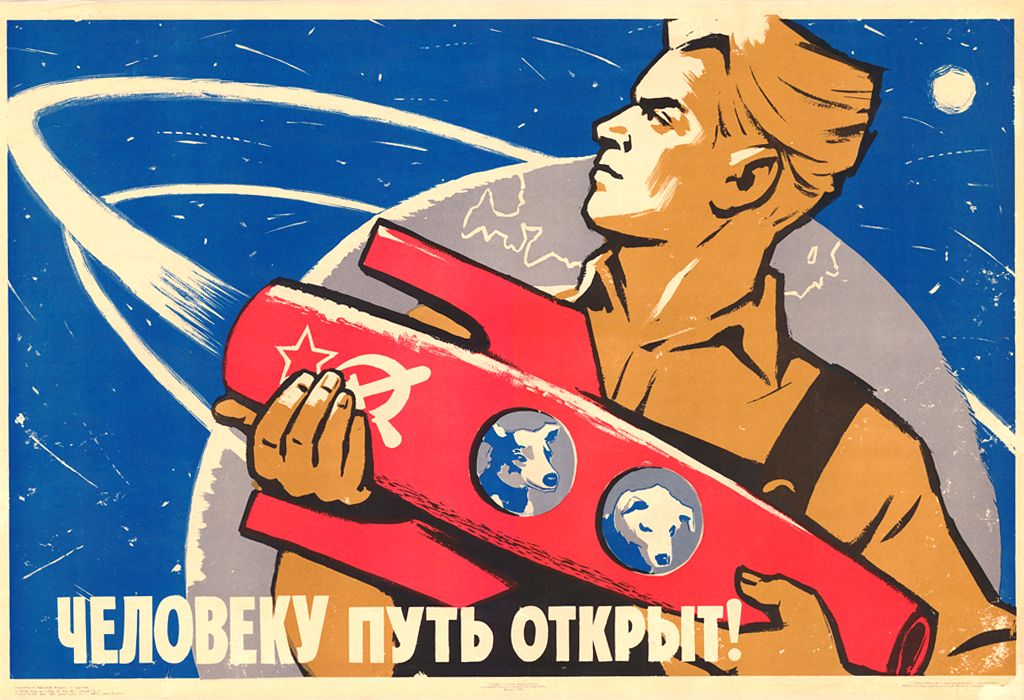So Dan Healey’s book Homosexual Desire in Revolutionary Russia mentions Peter The Great’s criminalization, although the book is more about the 20th century. The exact citation he uses is this:
Laura Engelstein, The Keys to Happiness: Sex and the Search for Modernity in Fin-de-Sie`cle Russia (Ithaca: Cornell University Press, 1992), 58. On the “military revolution,” see Geoffrey Parker, The Military Revolution: Military innovation and the rise of the West, 1500–1800 (Cambridge: Cambridge University Press, 1988); in the Russian context, see Richard Hellie, “The Petrine Army: Continuity, Change and Impact,” Canadian-American Slavic Studies 8, no. 2 (1974): 237–53. The impact of recruitment and disciplinary practices inspired by the military revolution on the emergence of a modern homosexual identity deserves a study in itself.
He also mentions Nicholas I as well: “Extending this regulation to the civilian male population in 1835, Nicholas I sought to instill those religious sensibilities and civic virtues that Russian males apparently still lacked.”
Here is the citation for that:
In this sense, state regulation preceded the internalization of modern forms of morality, see Kon, “Istoricheskie sud’by russkogo Erosa,” 6. The history of these regulations is discussed in chapter 3.
While I do not like Wikipedia, it does cite a few figures who visited Muscovite Russia and journaled about the homosexuality on display, just scroll down to the specific tab: https://en.m.wikipedia.org/wiki/LGBTQ_history_in_Russia
Here is an insider article about it too: https://theins.ru/en/society/259640
Remember that I did put positive is quotations because, obviously, it wasn’t a daily pride parade but it was also not nightmarish either. It’s just interesting how things developed. This is one of the big reasons why I want to study there for my PhD!



Yes